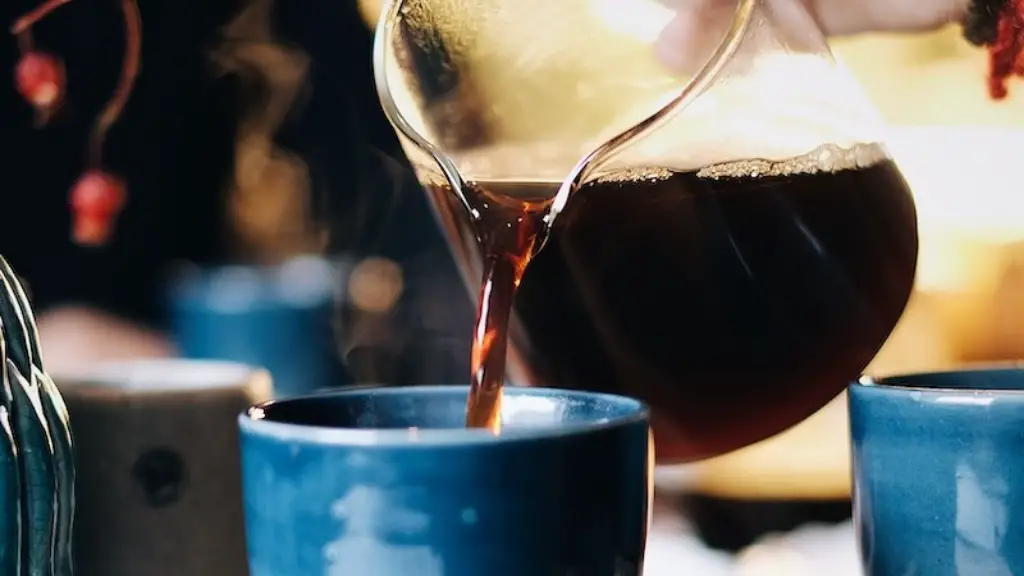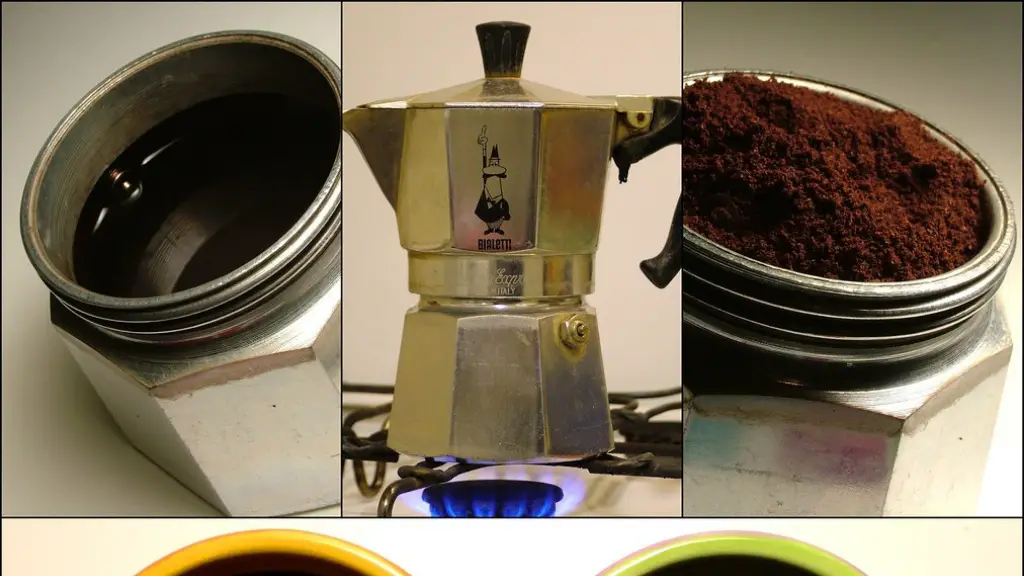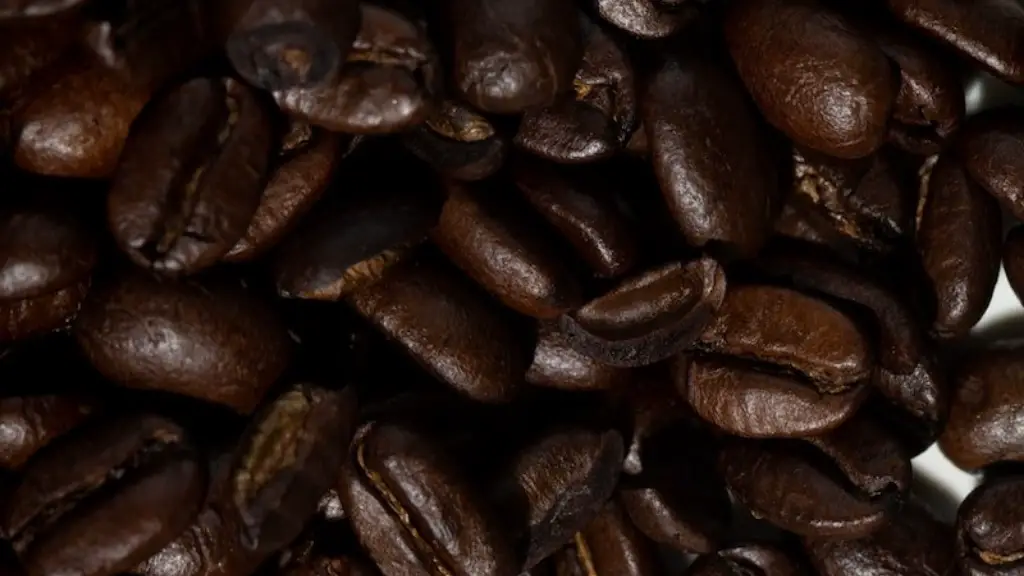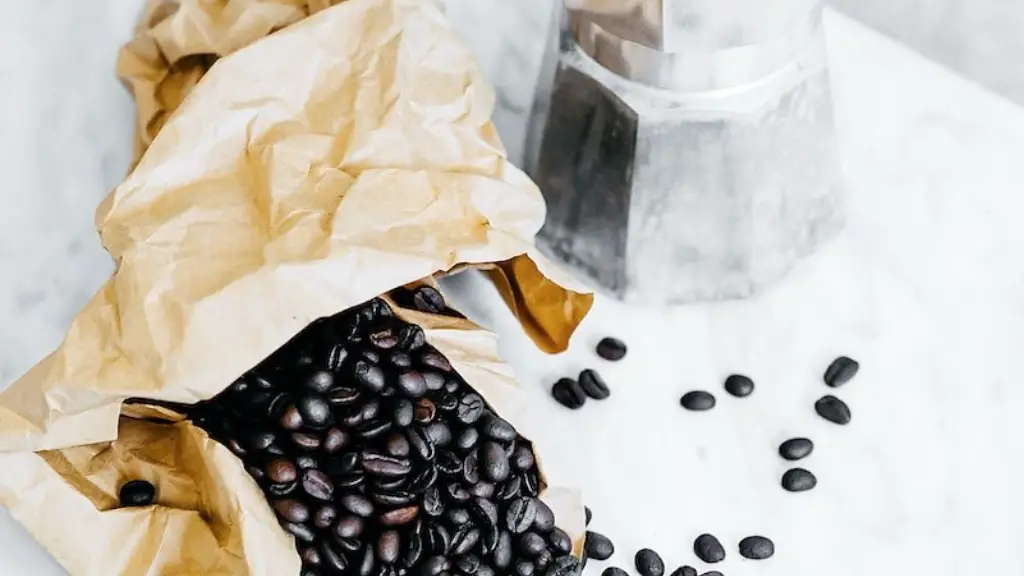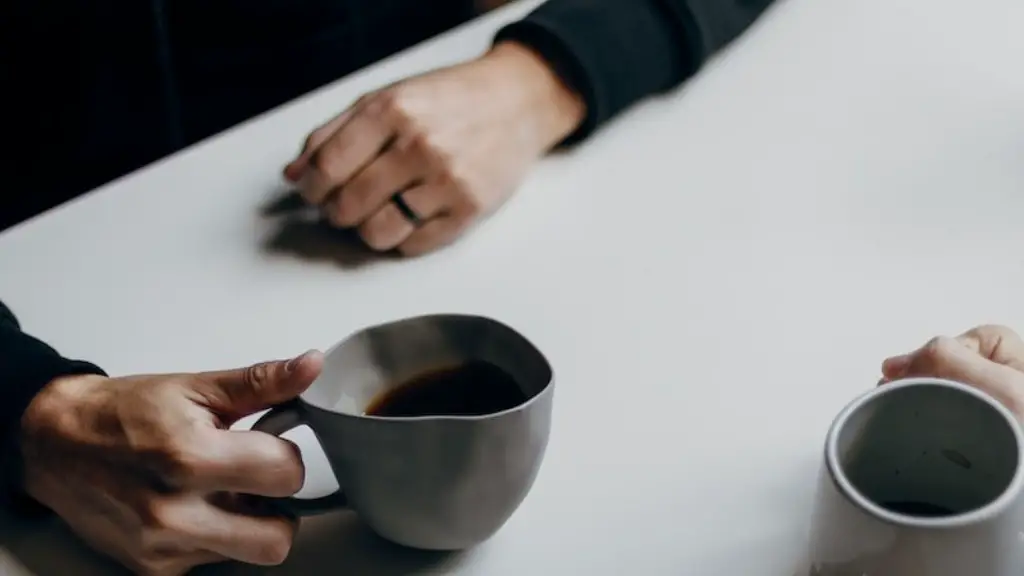Caffeine is a stimulant found in coffee beans. When coffee beans are digested, the caffeine is absorbed into the bloodstream and has a stimulating effect on the body.
Coffee beans are typically digested by animals that eat them whole, such as deer or rabbits. The coffee beans are first broken down in the stomach by acids and then passed along to the intestines for further digestion.
Do any animals eat coffee beans?
The Asian palm civet is a cat-like creature that is native to parts of Asia. One of the things that this animal is known for is eating ripe coffee cherries. After the civet eats the coffee cherries, they go through a digestion process that takes around 24 hours. Once the beans are digested, they are excreted in the civet’s poop. The beans are then collected and washed. At this time, any remnants from the coffee cherries are removed.
Kopi luwak is a unique specialty coffee that is made from coffee beans that have been digested by, fermented within, and then excreted by the Asian palm civet. This process gives the coffee beans a unique flavor that is prized by coffee enthusiasts. Kopi luwak is typically more expensive than other types of coffee due to the rarity of the beans and the labor-intensive process required to produce them.
Are coffee beans digested by animals
Animals that eat coffee cherries often enjoy the sweet, luscious, and succulent taste of the fruit. However, during the digestion process, the pulp of the cherries is broken down and absorbed by the animal. The husk (the outer skin of the bean) is not digestible, so the coffee beans are passed through the animal and end up in its poop.
Dogs and coffee don’t mix well. Caffeine can be harmful to dogs and even lethal in high doses. If you’re a coffee drinker and you have a dog, it’s best to keep your coffee out of reach.
Cats usually don’t have an interest in coffee, but there have been some reports of cats taking a sip from a mug. Again, the caffeine can be harmful to cats, so it’s best to keep your coffee away from your feline friend.
Rodents, monkeys, elephants, bats, and other animals have all been known to enjoy coffee. However, as with dogs and cats, the caffeine can be harmful, so it’s best to keep your coffee out of reach of these animals.
What coffee beans have passed through a cat?
Civet cat coffee is the world’s most expensive coffee. It is made by passing coffee beans through the digestive tract of the civet cat. This coffee is famous for its unique flavor and its high price.
Civet cats are native to tropical Africa and Asia. They are nocturnal animals and spend the majority of their time in trees. Civet cats are attracted to coffee plantations because of the coffee cherries. The coffee cherries are the fruit of the coffee plant and contain caffeine. The civet cat eats the coffee cherries and the coffee beans are passed through the digestive tract. The coffee beans are then collected, cleaned and roasted.
Civet cat poop coffee is one of the most expensive coffees in the world. It is said to have a smooth, rich flavor with notes of chocolate and nuts. The coffee is made by harvesting the feces of civet cats. The civet cat poop coffee is made by harvesting the feces of civet cats. Civet cats adore coffee cherries and frequently visit coffee plantations to munch on the berries. The civet has an unusual yet natural ability to choose only the best coffee berries for consumption.
Can dogs digest coffee beans?
Coffee beans, grounds and brewed coffee all contain caffeine, which is a very dangerous and toxic chemical to cats and dogs. If ingested, it can be life threatening. According to the Pet Poison Helpline, a moderate amount of coffee can easily cause death in small dogs or cats. If you suspect your pet has ingested coffee, please contact your veterinarian or the Pet Poison Helpline immediately.
This is great news for coffee lovers and farmers alike! The research team’s preliminary tests have enabled coffee to be recovered as a nutritious and safe ingredient for cattle and sheep. This means that coffee can now be used as a healthy, natural food source for these animals. This is sure to have a positive impact on the coffee industry and the livelihoods of those who depend on it.
Does Starbucks use Kopi Luwak
Kopi Luwak is a coffee that is made from coffee beans that have been eaten by the civet, a small mammal. The civet poop out the beans, which are then collected, roasted and ground to make coffee. Despite the fact that Starbucks is one of many businesses that buys coffee beans, only one other company sells kopi luwak. A cup of kopi luwak is typically more expensive at specialty coffee shops. The average per-pound price is between $100 and $600.
Kopi Luwak coffee is one of the most expensive coffees in the world, selling for around $600 per pound. The coffee is made from the beans of coffee berries that have been eaten and partially fermented by the civet, a small mammal found in Indonesia and other parts of Southeast Asia. The beans are then collected from the civet’s feces, washed, and roasted.
Kopi Luwak coffee has a unique flavor that is often described as earthy, with notes of chocolate or caramel. It is also said to have a smoother, less acidic taste than other coffees.
Why do civet cats eat coffee beans?
Civet cats are attracted to the sweet taste of ripe coffee cherries. They will naturally eat the ripest and sweetest cherries as part of their diet. This helps to keep the coffee plant healthy by preventing the overripe cherries from rotting and spreading disease.
Kopi Luwak coffee is a type of coffee that is made from coffee beans that have been eaten and then defecated by the civet cat. This coffee is then collected, cleaned, and roasted to be sold.
Many people describe the taste of Kopi Luwak coffee as nutty and rich. There are also often hints of caramel and chocolate present in the coffee. When we first tasted Kopi Luwak coffee, we were very surprised by the high quality of the taste.
Why can’t dogs drink coffee
Caffeine is a stimulant and can have harmful effects on your pet’s health. It can raise blood pressure and cause cardiac arrhythmias, which can be dangerous. Pets may also lose muscle control and have tremors or seizures. Caffeine affects the gastrointestinal tract and can cause vomiting and diarrhea.
While beans are not exceedingly toxic to pets, they can cause some gastrointestinal discomfort. The true side effects occur from ingesting many of the ingredients commonly found mixed in with beans, such as garlic, onion, salt, tomatoes, and chemical preservatives.
Can a dog taste coffee?
It’s interesting to note that humans have approximately 9,000 taste buds, while dogs only have 1,700 or so. This means that while we can taste the subtle nuances between different blends of coffee, a dog can just taste coffee. For the most part, a dog’s taste include sweet, sour, bitter, and salty.
Coffee grounds may help to depressed the feed intake and growth rate of pigs. However, more research is needed to determine the precise effects.
Final Words
There is no definitive answer to this question because it depends on the animal in question. Some animals may be able to digest coffee beans without any problems, while others may experience digestive issues. Some animals may even be able to consume coffee beans and caffeine without any ill effects.
Coffee is largely indigestible to animals, though there are a few exceptions. Some animals, like goats, can digest coffee beans without any problems. Others, like dogs, can only tolerate small amounts of coffee. When coffee is ingested by animals, it generally passes through their system without being digested.
